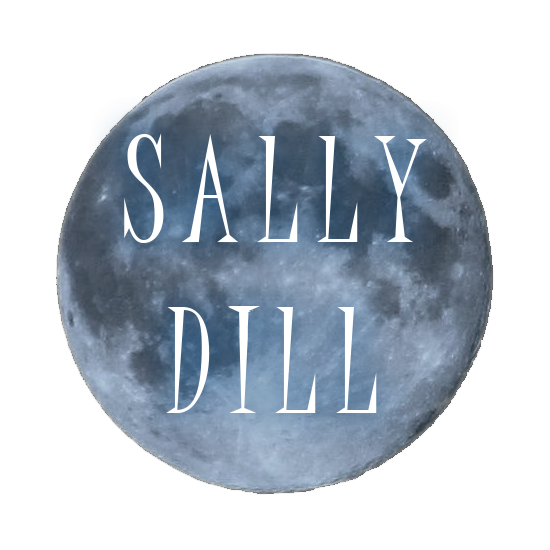The Nightlifer (night owl) Gene
Nature Knows What It’s Doing
The world needs all types of people—including daylifers AND nightlifers.
If you are a night owl, it is probably genetic. Michael W. Young and his team at the Rockefeller University Laboratory of Genetics studied human sleep cycles for over 30 years and discovered a variant in the gene CRY1. The night owl variant of this gene, which controls one’s circadian clock, possesses a longer circadian cycle which makes an individual stay awake longer. Based on the research, one in 75 people in certain populations may have what has been called delayed sleep phase disorder or DSPD.
For most people, a 24-hour sleep cycle is considered normal. However, a person with DSPD, or the night owl gene, has a cycle around 30 minutes longer, as well as, delayed cycles in body temperature, hormones, and melatonin—all variables that affect sleep. “Melatonin levels start to rise around 9 or 10 at night in most people,” emphasizes Young. “In a DSPD patient that doesn’t happen until 2 or 3 in the morning.”
Alina Patke, a research associate in the laboratory with Young adds, “Carriers of the mutation have longer days than the planet gives them, so they are essentially playing catch-up for their entire lives,”
Most individuals with DSPD often fall asleep so late at night that sleep becomes more of a nap. This lack of sleep may affect relationships and nine-to-five job performance. As a result, DSPD and other sleep disorders may cause anxiety, depression, cardiovascular disease, and diabetes. Young emphasizes that “It’s as if these people have perpetual jet lag, moving eastward every day. In the morning, they’re not ready for the next day to arrive.”
Night Owl Cure
Although there is currently no cure, Patke does see the potential for future drug development. In the meantime, the self-proclaimed night owl Patke suggests “An external cycle and good sleep hygiene can help force a slow-running clock to accommodate a 24-hour day.”
Do Night Owls Want to be Cured?
As much as I appreciate the few scientific studies on the night owl gene, focusing on a cure seems a little misdirected. Do night owls really want to be cured? And is that really the best solution for humankind? Doesn’t every community, town, and city need people to be awake when everyone else is sleeping? Attacks from enemies, natural disasters, medical emergencies, etc., don’t care if it’s the middle of the night. And in a global economy, night owls are more in demand than ever before.
I cringe at the thought of giving up the quiet solitude and freedom the night provides. Darkness is what fuels my imagination, and I don’t care if my CRY1 mutation may shorten my life. It’s all worth it, and the pros far outweigh the cons. Quite frankly, I find it upsetting that some genetically true night owls regard themselves as broken. We are not broken. We are a minority, and, therefore, have less say in how the world runs. We are simply misunderstood and greatly underappreciated. And that perspective is what needs to be fixed—not us.
As far as I’m concerned, the best “cure” for night owls is society’s acceptance of our genetic makeup, understanding our needs and talents, and willingness to adjust schedules and expectations accordingly. Scientists should focus less on a cure and more on the why, what, and how for night owls so everyone else may finally accommodate this important sector of humankind.
At least Young’s study produced one very sound conclusion—nature knows what it is doing because the world needs all types of people.


